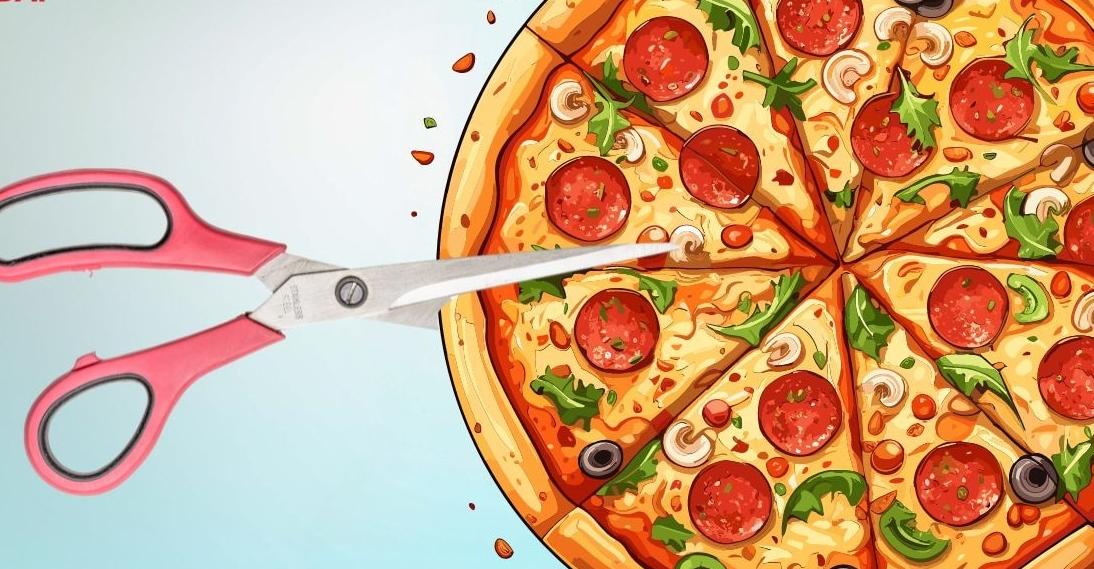Imagine coming home after a long day at work and automatically heading to the kitchen to grab a snack, even though you're not really hungry. Sound familiar? This habit of eating without actually being hungry is more common than you might think. Whether it's snacking mindlessly after dinner or indulging in a treat just because it's there, many of us engage in this behavior without even realizing it.
So, why do we do it?
According to Ritika Samaddar, a nutritionist at Max Super Speciality Hospital in New Delhi, eating out of habit or boredom can be influenced by various psychological and environmental factors. "Our bodies send signals to the brain when our stomachs are empty, prompting us to eat. But eating when we're not hungry is a habit that can develop over time," she explains.
Factors like snacking out of routine, using food as a distraction from pain, or eating in response to stress, boredom, or negative emotions can all contribute to this behavior.
But what are the consequences of this mindless eating habit?
Deepti Khatuja, a nutritionist at Fortis Memorial Research Institute in Gurugram, warns that excessive eating without regard for calorie intake can lead to weight gain, obesity, and a host of health issues. Consuming mostly junk foods high in calories can increase the risk of conditions like diabetes, hypertension, cardiovascular diseases, and cancer.
This not only affects adults but also contributes to the rise in childhood obesity and early onset of diseases like diabetes and hypertension.
The bottom line?
Eating when you're not actually hungry can have serious implications for your health. By becoming more mindful of your eating habits and addressing the root causes of this behavior, you can take control of your health and well-being.









 English (US)
English (US)